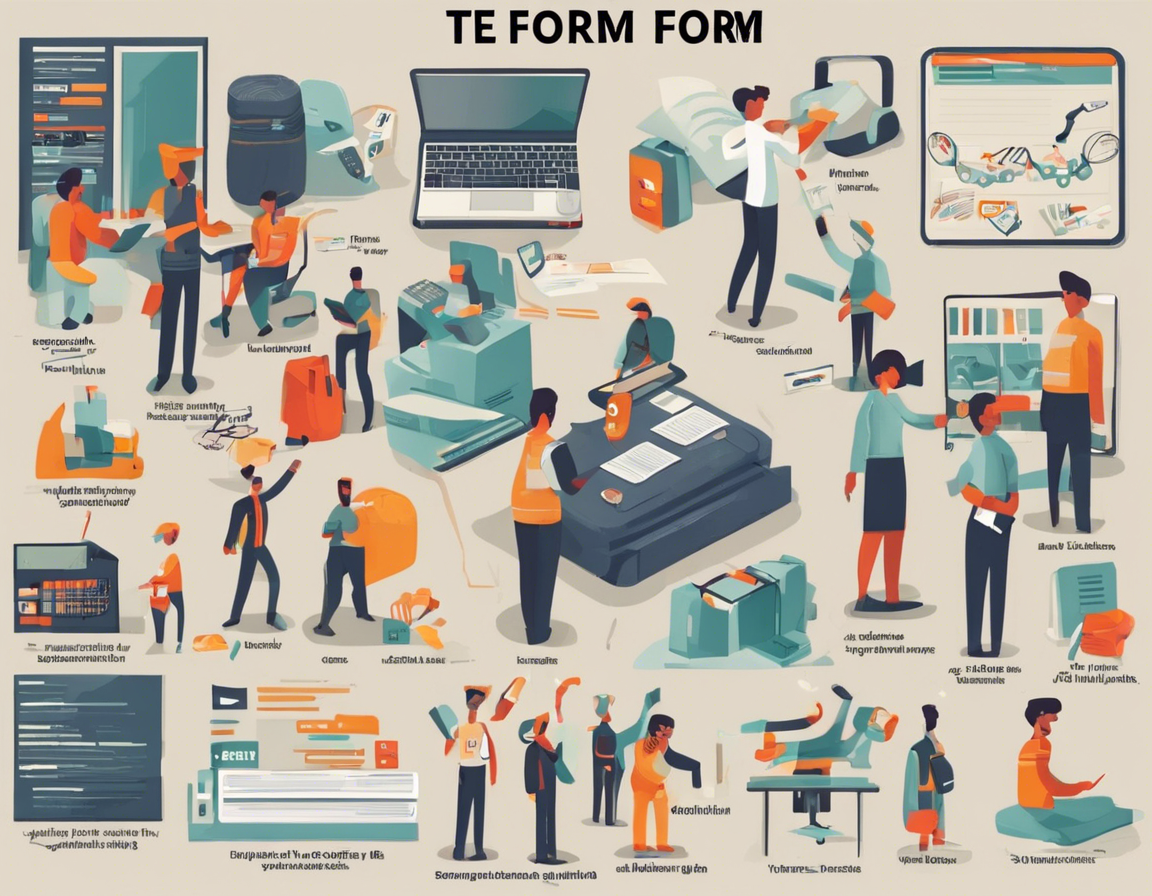TTE Full Form Explained: What Does TTE Stand For?

In the world of transportation and travel, the acronym TTE holds significant importance. TTE stands for Traveling Ticket Examiner. Who is a TTE? What are their responsibilities? How does their role impact the journey of travelers? Let’s delve into the realm of TTE and understand its significance in the realm of transportation.
Understanding TTE:
A Traveling Ticket Examiner is an official designated by railway authorities to check passengers’ tickets and ensure compliance with the rules and regulations of the railway. The role of a TTE is crucial in maintaining order, ensuring security, and facilitating smooth operations during train journeys. TTEs are responsible for verifying the authenticity of tickets, managing seat allocations, and addressing any issues or discrepancies that may arise during the journey.
Responsibilities of a TTE:
- Ticket Verification: The primary responsibility of a TTE is to check passengers’ tickets to ensure that they have valid and appropriate tickets for their journey.
- Seat Allocation: TTEs are tasked with managing seat allocations and ensuring that passengers are seated in their designated seats or berths.
- Enforcing Rules: TTEs play a vital role in enforcing rules and regulations onboard trains, such as maintaining cleanliness, adherence to safety protocols, and ensuring the comfort of all passengers.
- Dealing with Disputes: In cases of ticket discrepancies, conflicts, or unruly behavior, TTEs are responsible for resolving disputes and maintaining order onboard.
Importance of TTEs:
The presence of TTEs onboard trains serves multiple purposes that contribute to the efficient and safe operation of railway services:
- Ticket Verification: TTEs help in preventing ticketless travel and revenue loss for the railway authorities.
- Passenger Assistance: TTEs assist passengers with seat allocation, information about train schedules, and addressing any concerns or issues during the journey.
- Security: TTEs play a crucial role in ensuring the security of passengers by monitoring activities onboard and reporting any suspicious or unlawful behavior.
- Maintaining Discipline: TTEs help in maintaining discipline onboard trains by enforcing rules and regulations, which enhances the overall travel experience for passengers.
Evolution of TTE Role:
Over the years, the role of TTEs has evolved to adapt to changing technologies and customer service expectations. With the advent of e-ticketing and digital platforms, TTEs now also handle electronic ticket verification and assist passengers in navigating digital ticketing systems. Additionally, TTEs are often trained in first aid and emergency response protocols to ensure passenger safety during unforeseen circumstances.
Frequently Asked Questions (FAQs) about TTE:
1. What qualifications are required to become a TTE?
To become a TTE, one typically needs to have completed at least a high school education. Additionally, railway authorities may provide specific training programs for TTEs.
2. How do TTEs handle unreserved passengers?
TTEs have the authority to allocate unreserved passengers to vacant seats or berths based on availability and railway regulations.
3. Can TTEs issue tickets onboard?
TTEs do have the authority to issue tickets onboard in cases where passengers board without a valid ticket.
4. Are TTEs responsible for onboard catering services?
While TTEs may assist in coordinating catering services onboard, their primary responsibility lies in ticket verification and passenger management.
5. How should passengers interact with a TTE?
Passengers are advised to cooperate with TTEs during ticket verification and follow any instructions or guidance provided by them for a smooth journey experience.
